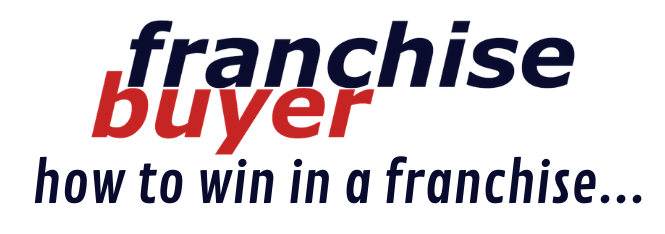August 13, 2019
Due Diligence: Not To Be Ignored In The Franchise Industry
You wouldn’t buy a car without taking it for a test drive first, so why buy a business without doing your research?

Anybody who has considered buying a franchise, or any small business, will have come across the term due diligence. Whilst your gut instinct and common sense play an important role in finding a franchise that is the right fit for you, conducting due diligence is a vital step that can help avoid heartbreak down the line.
Due diligence - where and how
It is important that when you set out to conduct due diligence that it is meaningful, and goes beyond the surface information provided from the franchisor. You should also consult with current and former franchisees form the network and third-parties such as legal and financial advisors.
The information you gather should outline;
- what is expected of you as a franchisee,
- your commitments (both financial and time),
- the terms of the contract and most importantly,
- the businesses current financial position.
The vast majority of the information can be found in the Franchise Disclosure Document (FDD), designed to cover all the key points that inform a potential franchisees decision. Additionally, this document contains important financial information such as franchising fees, refurbishment requirements, marketing levies, renewal and transfer fees. However, franchisors are limited in the financial information they can provide, so the FDD might not give you the whole picture.
Seek even more information
It is for this reason that you should seek additional sources of information, so that you can get a true picture of the business and make an education decision. Knowing that you have done your due diligence helps boost confidence levels and make you surer in your choice to take or leave a particular franchise opportunity.
If you are struggling to get the insight you had hoped from the franchisor, it may be worth reaching out to other partners in the network. Existing and past franchisees can give an indication of what life as a franchisee is like, and provide valuable advice about the success of their business and their relationship with the franchisor. Meeting others in the network can not only help you clear up any performance related concerns, but can also help you see if the network is a good cultural fit for you - which is just as important.

The location factor
Another important consideration for potential franchisees is location. Not only should your due diligence look at the pros and cons of the franchise network you are hoping to join, but the location of your future business. Some franchisors may provide a location, and some let you pick your own, either way it is important to do your research. There can be a significant difference is sales between units in the same network, and location can play a role in this variation. You should aim to investigate how other franchisees in similar locations are performing, and also take a look at how much traffic other local businesses see.
The risk of emotional attachment
Having a meaningful connection to the brand helps provide a source of motivation to build a successful business, however this emotional attachment can mean potential franchisees may fail to conduct due diligence, making a decision based on feelings not facts. If this is the case, you may consider bringing on board a franchise consultant or advisor to help you evaluate all of the information provided in the FDD and from other third party sources.
Ultimately, it is important not to let the due diligence process dampen your excitement, rather let it guide and educate your decision so this excited energy can be channelled into a franchise business that is the right fit for you.
Whilst gathering this information may require a small investment of time and money prior to the purchase, it is worth it to reduce the risk of buyer’s remorse down the line.
















